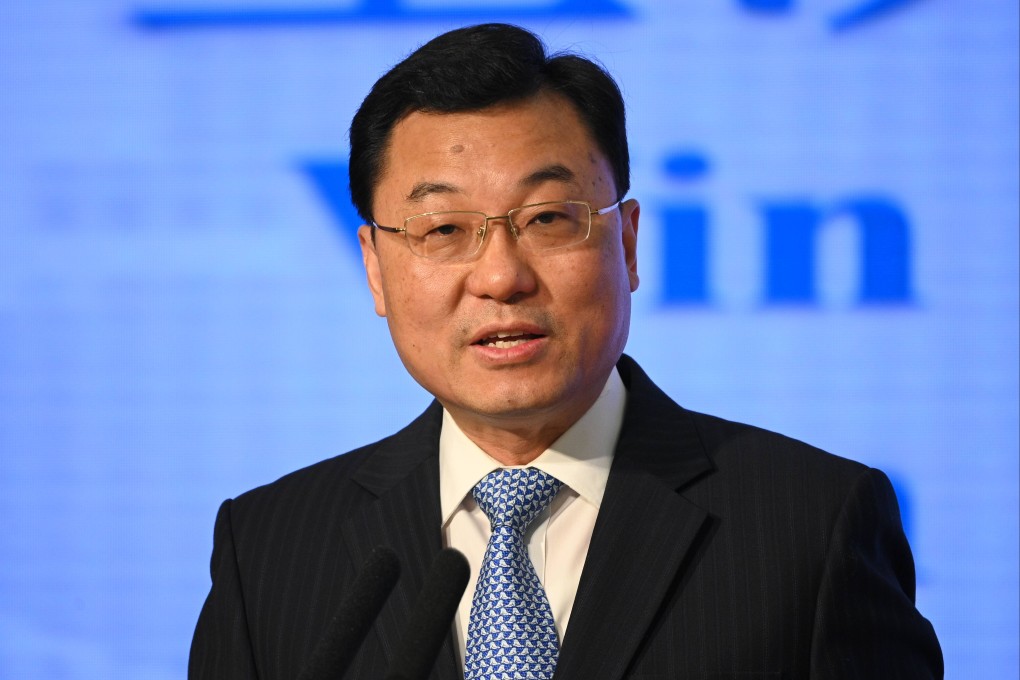China’s longest US ambassador vacancy provides latest sign of bleak relations
- Speculation that Beijing is ‘having a full-scale review’ and may be ‘questioning whether it’s worth it to invest in the diplomatic relationship’
- The next envoy is expected to be Xie Feng, but the post in Washington has been vacant since December, the longest period since formal ties were restored in 1979

Beijing has been without an ambassador in Washington for more than three months, the longest period since US-China relations normalised in 1979, a situation that reflects the dismal state of the nations’ ties and potentially signals a serious rethink of how it engages with the US.
The last time the post remained empty for a lengthy period was in June 1995 when Beijing recalled its ambassador, Li Daoyu, for two months after Washington allowed the Taiwanese president, Lee Teng-hui, to visit the US in advance of a tense election.
“I think they’re having a full-scale review in Beijing of what is going on, questioning whether it’s worth it to invest in the diplomatic relationship,” said Charles Freeman, a visiting scholar at Brown University who was US president Richard Nixon’s interpreter during his landmark 1972 trip to Beijing.
China’s next ambassador is widely expected to be Xie Feng, although Beijing has not announced his appointment. Evidence that he is the choice was seen when he played a prominent role in meeting US executives on March 24 in Beijing.
Xie, currently vice-minister of foreign affairs in Beijing overseeing the US portfolio, is a seasoned and respected diplomat with extensive US contacts and experience. In the meantime, the embassy is being run by Xu Xueyuan, the chargé d’affaires.
Diplomatic experts say there is no problem with Xie’s agrément – the procedure by which host countries accept a foreign nation’s diplomatic candidate.
